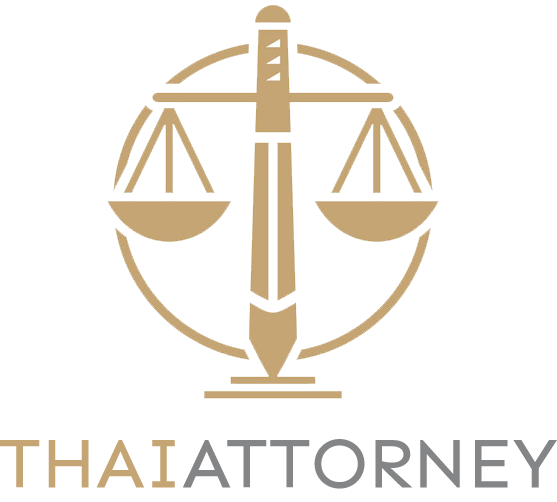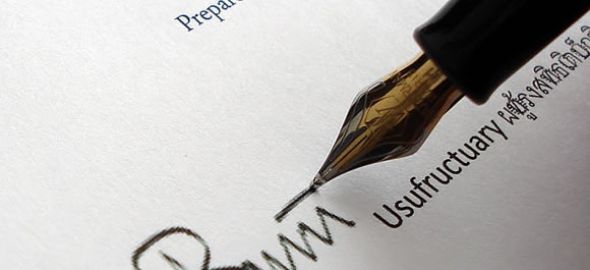Usufructs in Thailand. In Thailand, a usufruct (สิทธิเก็บกิน, “Sitthi Kep Kin”) is a legal right allowing one person (the usufructuary) to use and enjoy another person’s immovable property — typically land or a house — without owning it.
This right can cover residential use, commercial activities, or leasing out the property for income.
Key points:
-
The owner retains title (chanote) to the land.
-
The usufructuary can occupy, rent, and earn profits from the land.
-
Usufructs do not transfer ownership and terminate upon death of the usufructuary.
How Usufructs Are Created in Thailand
1. Formal Written Contract
-
The owner and usufructuary must sign a written agreement specifying the usufruct’s terms.
-
Common terms include scope of use, duration, maintenance duties, and conditions for termination.
2. Registration at the Land Office
-
The usufruct must be registered at the local Land Department Office to be legally enforceable.
-
Registration is recorded on the land title deed (Chanote or Nor Sor 3 Gor).
-
Without registration, the usufruct is invalid against third parties.
3. Parties Involved
-
Grantor: Owner of the property (must have full legal title).
-
Grantee: Usufructuary (can be a foreigner, a Thai citizen, or a juristic person in some cases).
Legal Characteristics of a Usufruct
| Feature | Description |
|---|---|
| Duration | For life of the usufructuary or for a fixed term (but no longer than their lifetime). |
| Transferability | Not transferable — the usufruct cannot be sold, assigned, or inherited. |
| Obligations | The usufructuary must preserve the property and pay property-related expenses like maintenance, minor repairs, and taxes. |
| Liability | Usufructuaries may be liable for loss or damage to the property caused by negligence. |
Important Legal References
-
Civil and Commercial Code of Thailand (Section 1417–1428) governs usufructs.
-
Section 1422: Usufruct must be registered to be enforceable.
-
Section 1419: Usufruct terminates at the end of the agreed term or death of the usufructuary.
Practical Scenarios Where Usufructs Are Common
-
Foreigners Married to Thais
-
Since foreigners cannot directly own land, a usufruct allows lifetime use of property acquired in a spouse’s name.
-
-
Inheritance Planning
-
Parents granting usufruct to children to ensure continued use without transferring full ownership during their lifetime.
-
-
Retirement Arrangements
-
Foreign retirees securing long-term residence rights without purchasing the land outright.
-
Key Limitations and Risks
| Risk | Description |
|---|---|
| Death Terminates Right | Usufruct ends immediately upon the usufructuary’s death — heirs cannot inherit it. |
| Land Sale Risk | Owner may sell the property but the usufruct remains — new buyer must respect it. |
| Disputes Over Usage | Without precise contract language, disputes can arise regarding scope of use (e.g., subletting). |
Best Practices When Setting Up a Usufruct
-
Draft a detailed contract covering maintenance, liability for damage, ability to lease out the property, and conditions for cancellation.
-
Register the usufruct formally at the Land Office — a private contract is insufficient for third-party enforcement.
-
Clarify financial obligations (e.g., who pays land taxes, utilities, major repairs).
-
Work with an experienced property lawyer to avoid ambiguities that could result in costly disputes.
Final Thoughts
Usufructs offer a flexible way to secure long-term use of land in Thailand without requiring full ownership — but they come with legal complexities. Clear agreements, proper registration, and full understanding of Thai property law are crucial to protecting both the owner and the usufructuary. Always consult with qualified Thai legal counsel before entering into a usufruct arrangement.

